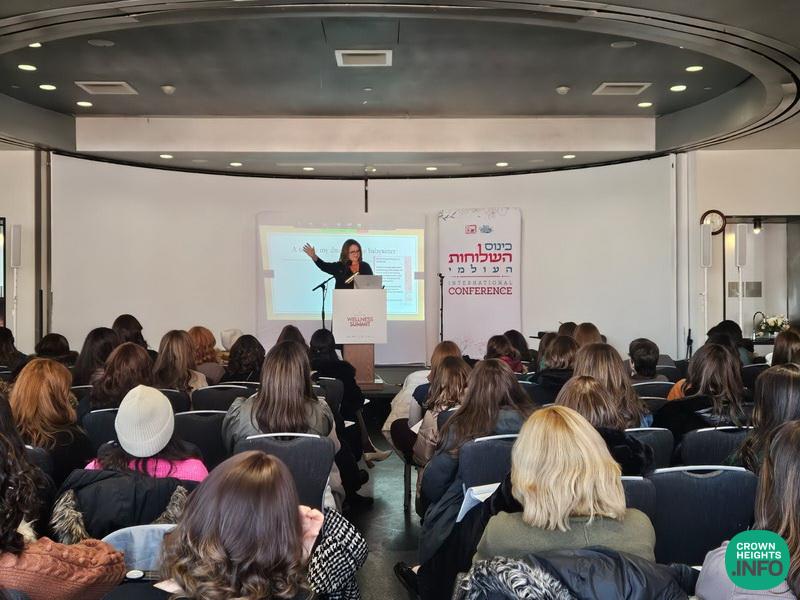
4 Lessons from The Mental Health Wellness Summit For Shluchos
As community leaders, Shluchos play a crucial role in supporting the well-being of millions of Jews worldwide. Nestled firmly in the support network of their many community members, a Shlucha may find herself as a first responder to the more subtle issues that frequently occur. Addressing this, having a greater awareness of mental health issues and the struggles surrounding them was a central theme of the annual Shluchos Wellness Summit.
Organized by Merkos 302’s Shluchim Refuah and JLI’s Wellness Institute and hosted at the Jewish Children’s Museum, the event proved more popular than ever. A full-day program was complete with sessions by leading mental health professionals as well as experienced Shluchos, to present a perfectly balanced approach suited to the needs of Shluchos serving Jewish communities worldwide.
“A beautiful setting was created from the get-go,” recounted one attendee, “The moment I walked in and saw a room filled with people ready to normalize such discussions, it felt very empowering. Having a full day experience gave this topic the importance it deserves and the headspace it requires.”
“Today, more than ever, many Jews are feeling overwhelmed about what they are experiencing at school, on campus, in the workplace, and online,“ said Rabbi Mendy Kotlarsky, Executive Director of Merkos 302, “they are turning to their Shluchos for support, and we are here to stand behind them in every way possible .”
Here are some insights discussed by guest speakers at the summit:
- Chassidus and Therapy complement one another, explained Mrs Rochel Lazaroff, Shlucha to Houston, Texas. Just as one has medical solutions like therapy and living a healthy lifestyle available, one must have spiritual measures in place, including tefillah and daily learning, etc. This serves to keep one grounded in their everyday life. Spiritual health and mental health go hand in hand.
- There will always be ups and downs – Mrs Sarah Bluming, Shlucha to Potomac, MD cited a sicha from The Rebbe on Matos-Masei about how life is a Journey like that of the Jewish People in the desert for 40 years. It may seem roundabout and insurmountable at the moment, but from Hashem’s perspective, every moment is orchestrated for a reason. With hindsight, one may tap into Hashem’s perspective and understand why things happened in the way that they did. “This Sicha became my anchor,” she explained. “Taking lessons from Chassidus is imperative to engaging with community members in the spirit of our Shlichus.”
- It’s our duty to be informed – Dr Glenn Hirsch, Clinical Psychologist, hosted a presentation defining what mental illnesses are in the first place. He noted the age of onset of various illnesses, as well as warning signs that family members, teachers, and community leaders can pick up on. By demystifying the process of seeking help for such issues, pointing out the early signs of mental illness, and raising awareness that people with mental health struggles can lead productive and meaningful lives, Shluchos are empowered in their roles as parents and community soundboards in a well-rounded fashion.
- Parents are like shepherds, not engineers – Explained Dr. Ethan Ehrenberg, Clinical Psychologist. While an engineer measures success in results, a shepherd measures progress in growth. He guides his sheep in the right direction but cannot be self-critical about the end product. Viewing parenting with this perspective and portraying this to others enables parents to guide their children with love and emotional awareness in the current moment rather than passing on their own insecurities. This is coupled with an acknowledgment that, ultimately, Hashem dictates the results of one’s efforts.
For more information regarding Shluchim Refuah, visit www.shluchimrefuah.org/
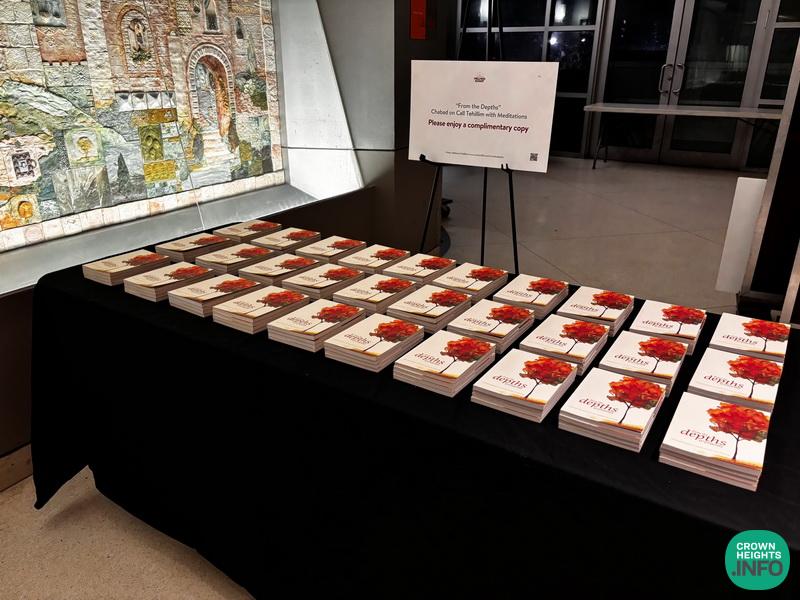
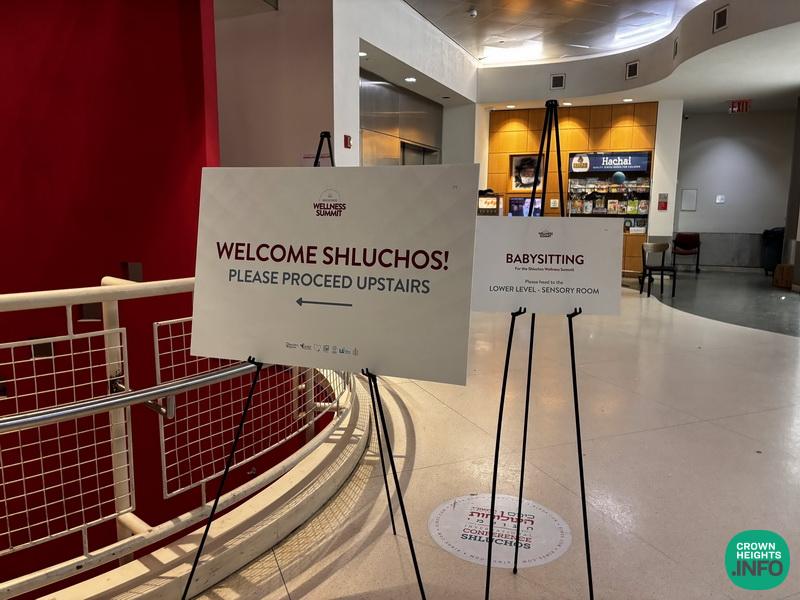
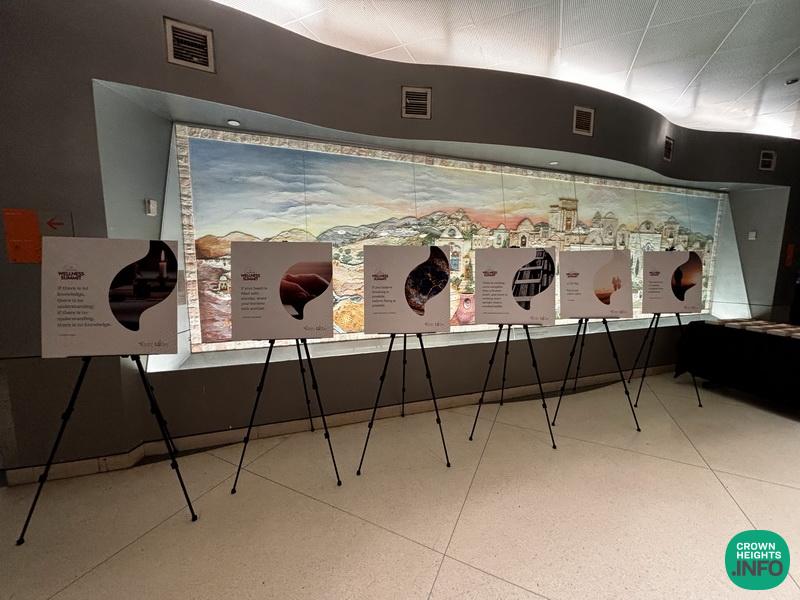
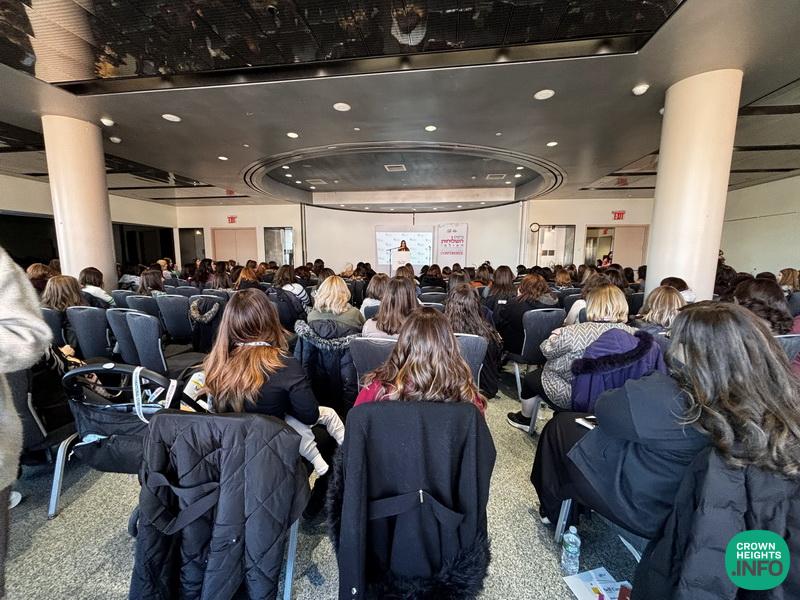
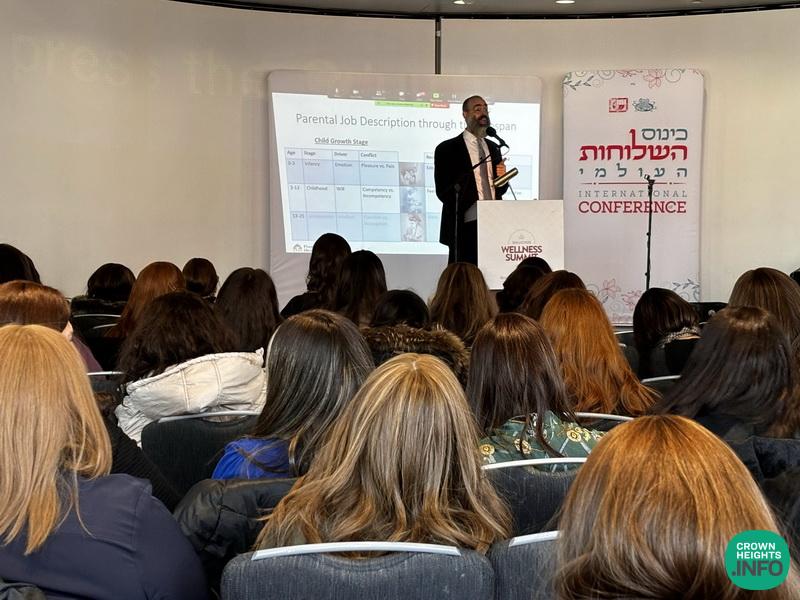
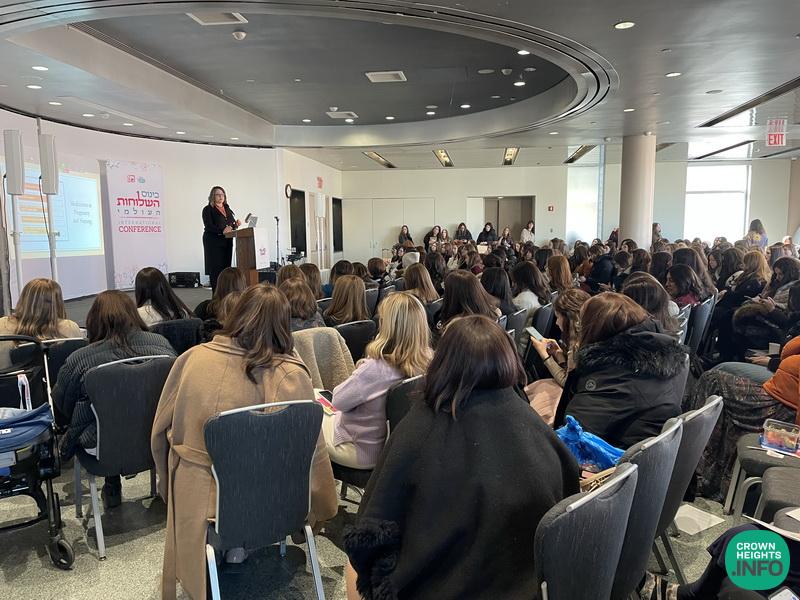
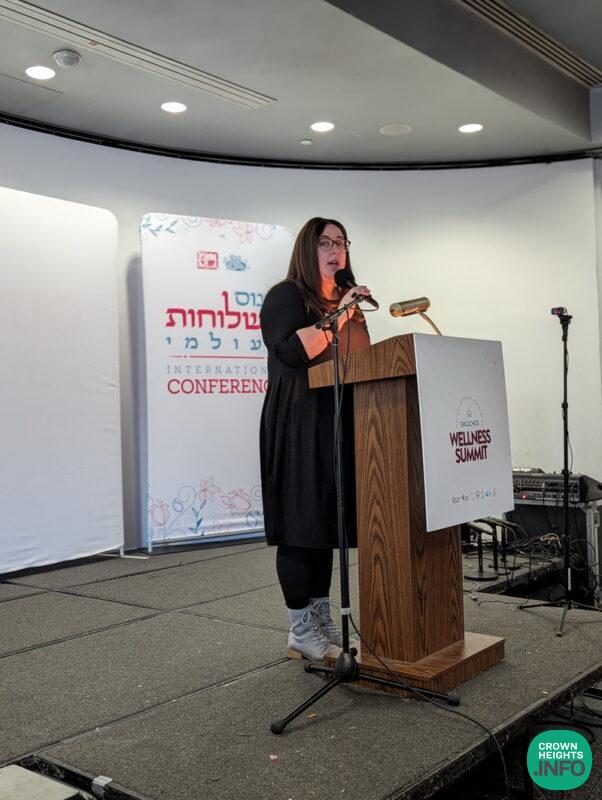
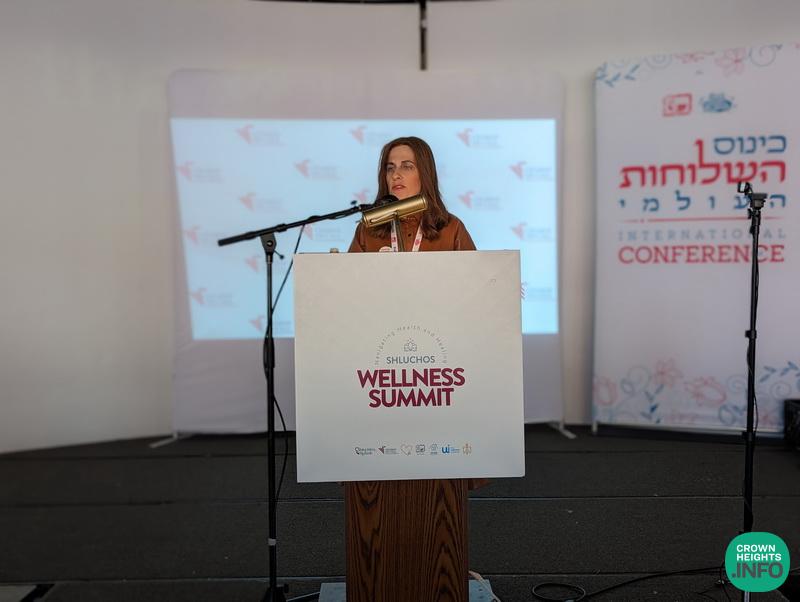
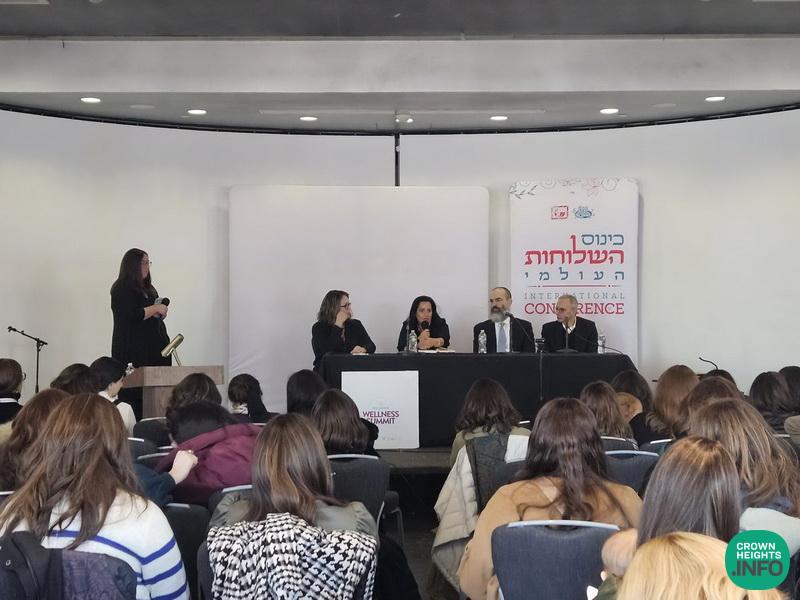
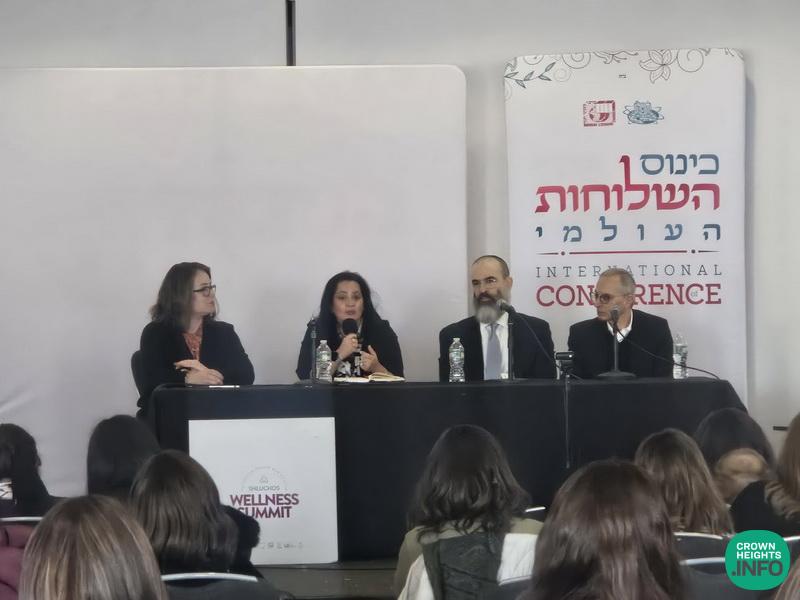
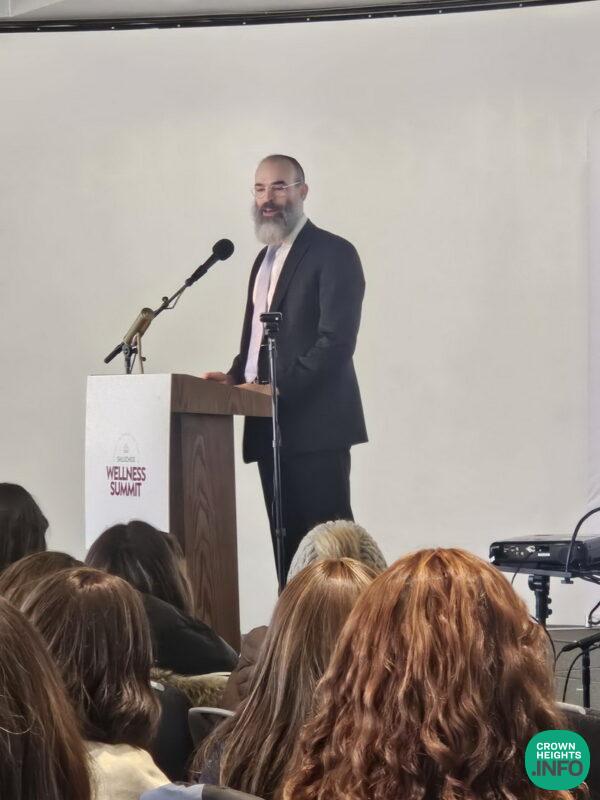
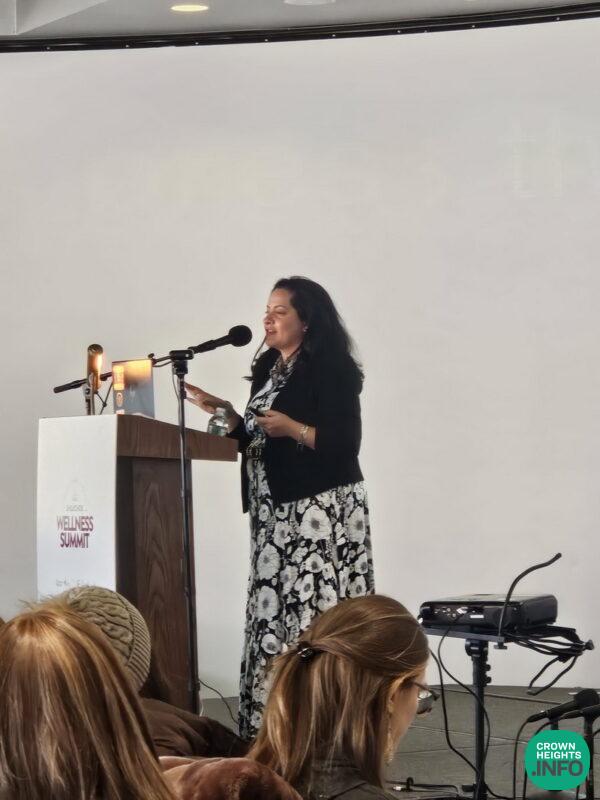
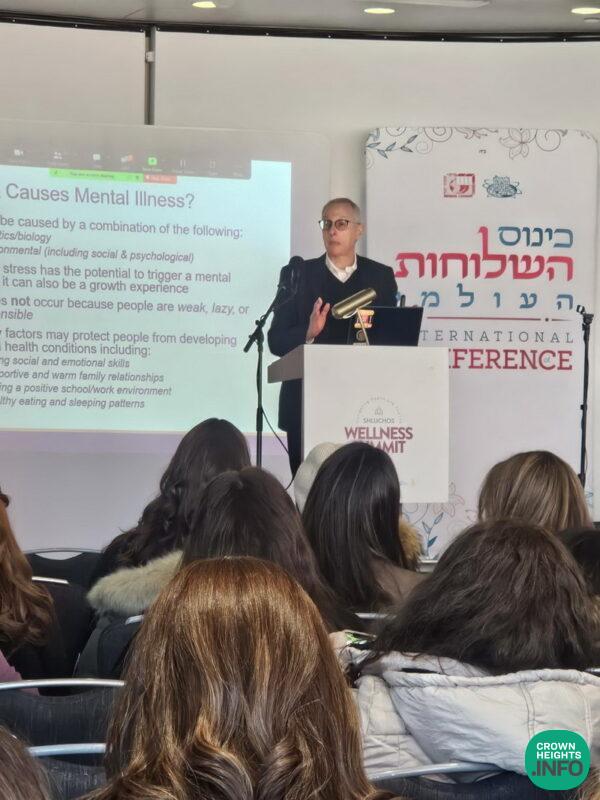












Mrs. M.
Where can I find recordings please? I couldn’t join